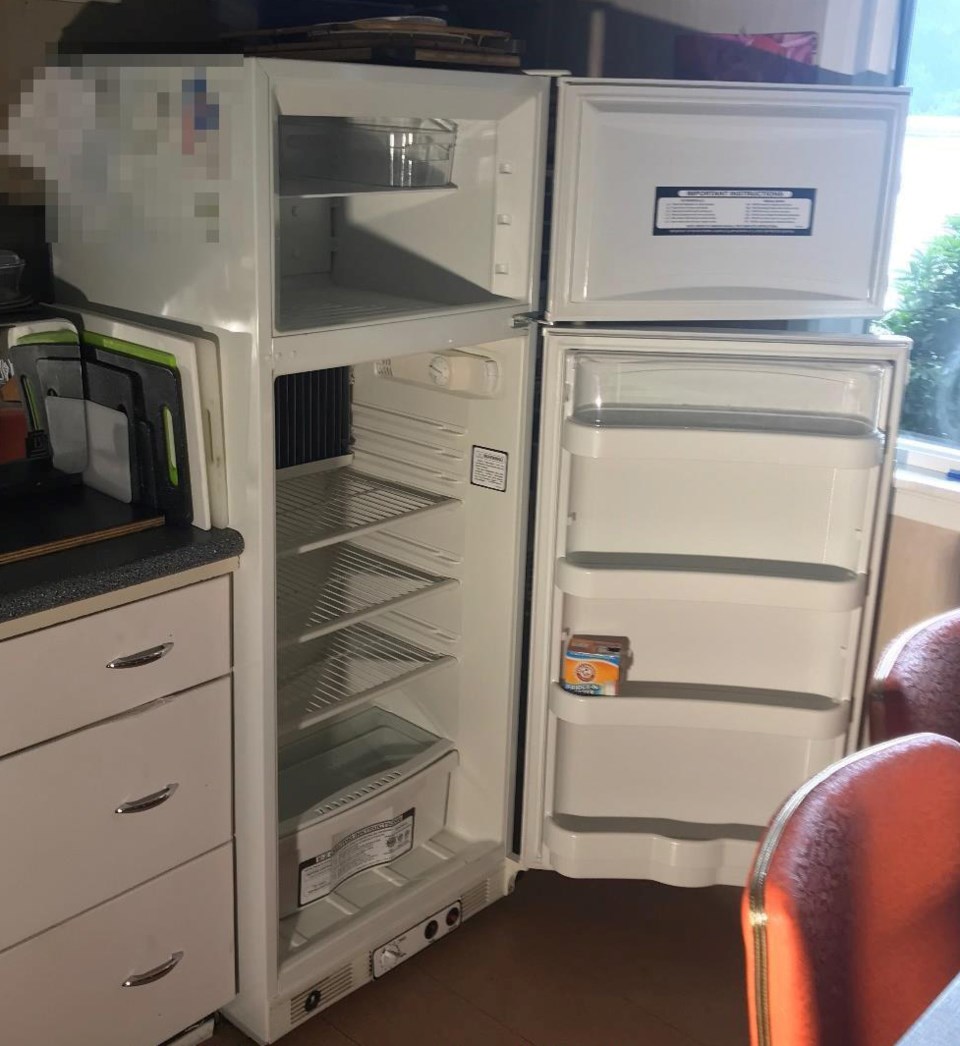Technical Safety BC has wrapped up its investigation into a fatal incident June 27 in the Ruby Lake area where a 29-year-old man died of suspected carbon monoxide poisoning at an isolated cabin.
A 29-year-old woman had to be hospitalized. Both were from the Lower Mainland.
The results of the Technical Safety BC investigation were released Aug. 26, along with the results of the agency’s investigation into a similar fatal incident that occurred Aug. 3 in the Okanagan community of Tulameen.
Investigators found the cabin at Ruby Lake, which was built in the mid-1950s and owned by the same family since then, was equipped with propane appliances that were improperly installed and not certified for use in Canada.
They traced the main source of the carbon monoxide to a propane refrigerator that had been installed in 2010 and “had operated in the cabin for 10 years without incident.”
The cabin was also fitted with lamps, a hot water heater and range that ran on propane.
In Tulameen the investigators found a propane on-demand water heater was improperly installed in a shower building, causing carbon monoxide leakage.
“Both incidents occurred on recreational properties where the owners had completed their own installations of propane-burning appliances,” said Jeff Coleman, Technical Safety BC’s director of risk and safety knowledge in an Aug. 27 press release.
“Due to the nature of off-the-grid and recreational properties we tend to see a lot of well-intentioned, but potentially dangerous DIY installations.”
According to Technical Safety BC, DIY installations are known to present a greater risk of carbon monoxide exposure, and the incident investigation reports revealed that appliances were installed in a hazardous manner inconsistent with Canadian code and certification standards.
“Although it can be difficult to find licensed contractors and installers for remote properties, these incidents show the importance of ensuring all fuel-burning appliances are installed safely and to the manufacturer’s specifications,” said Coleman.
Technical Safety BC said both incidents highlight the need for greater public awareness of the dangers of carbon monoxide exposure, and the risk posed to homeowners and visitors to remote and recreational properties.
The agency said because of the nature of the symptoms, many victims never realize they are being exposed to carbon monoxide until it is too late. It strongly advocates for all homes to have a working carbon monoxide alarm.
The full report is available on the Technical Safety BC website: https://www.technicalsafetybc.ca/sites/default/files/2020-08/18573-1032679%20Ruby%20Lake%202020-08-21.pdf
The BC Coroners Service was also involved in the Ruby Lake investigation, after Sunshine Coast RCMP determined there was nothing suspicious about the incident.



